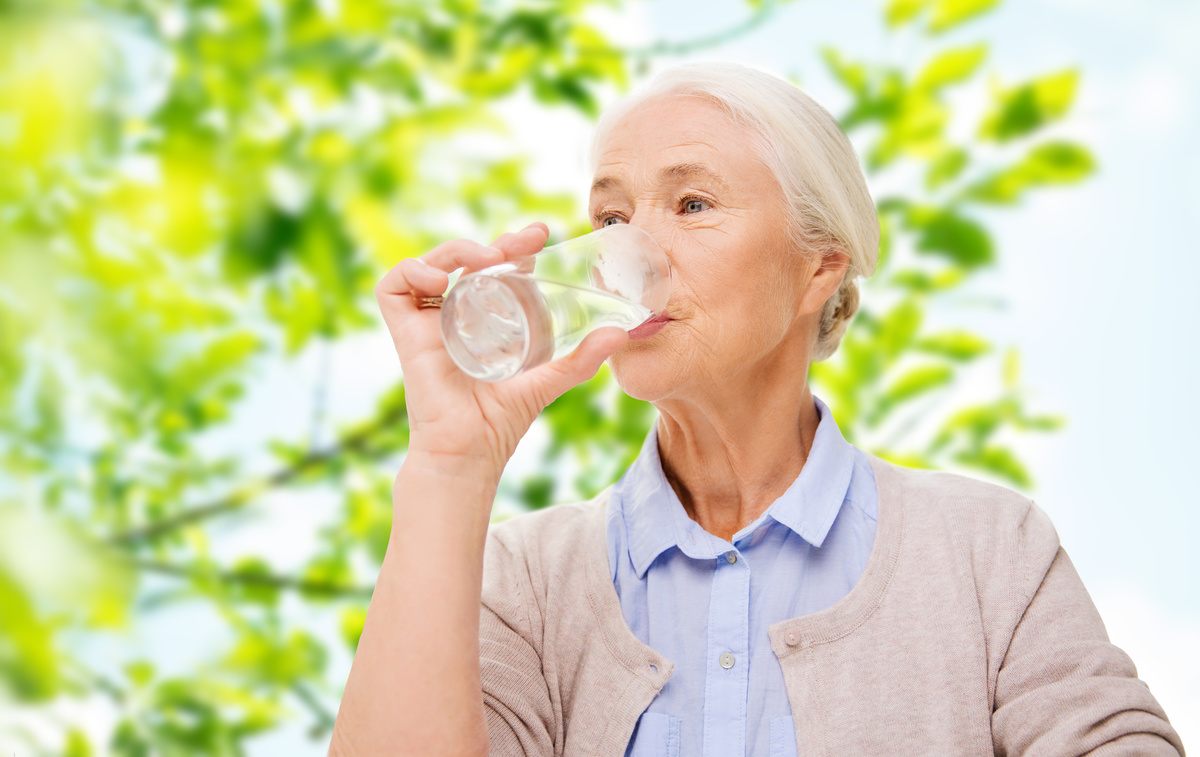While we are all working on keeping each other safe, we can also remember during these times how rewarding it is to practice being healthy as a daily routine in our lives. For seniors, it can be difficult to maintain healthy choices, but integrating them into an everyday routine will make it easier and easier!
We have also laid out sanitation tips as part of our prevention protocols through our COVID-19 updates page.

Read our health tips below to make sure you’re taking care of your mind, body, and spirit.
Our Health Tips
- Rest
It may come as no surprise that seniors need more rest than other generations. Specifically, seniors need about 7-and-a-half to 9 hours of sleep. But it can still be easy for seniors to not get enough of it. A few reasons that can explain lack of sleep in seniors are side effects from certain medications, stress or insomnia. Lack of sleep can result in a hit at your mental health such as depression or memory loss.
Remember that rest is most vital to maintaining your health! If you or a loved one is experiencing restlessness and lack of sleep, ask your doctor for their guidance and recommendations. Don’t go another day without receiving proper rest!
When you do get proper sleep, your day shapes out to be much better with more concentration and alertness during the day.
- Hydration
Water is our best friend when it comes to hydrating, especially during the hot summer months. As we become older, we are unfortunately more susceptible to becoming dehydrated. There is more than one way you can check if you or a loved one is dehydrated.
Some mild dehydration signs can include:
- Fatigue
- Confusion
- Reduced coordination
It’s a general recommendation that seniors drink at least five 8-ounce glasses of water a day to maintain their hydration. You can also take one-third of your body weight in pounds and drink the equivalent number of ounces of water daily.
Not fond of water? You can also consume broth from soups or drink other beverages like juice to stay hydrated. Keep in mind that some juices can be high in sugar!
- Nutrition
Eating properly also goes a long way for seniors. A general rule of thumb is to consume foods that are high in nutrients but low in calories. Nutrients can be defined as carbohydrates, vitamins, minerals, proteins, and fats.
Below is a list of foods that have plenty of nutrients:
- Fruits and vegetables (the brighter the better!)
- Whole grains (brown rice, oatmeal, wheat bread)
- Low-fat or fat-free milk and cheese
- Seafood, lean meat and chicken
- Eggs
- Beans, nuts and seeds
Having a well-rounded diet is essential to keeping your health and immune system up.
To Summarize
- Get about 7-and-a-half to 9 hours of sleep
- If your medications are interfering with your sleep, ask your doctor or health care provider for their recommendation.
- Consume at least five 8-ounce glasses of water a day
- Staying hydrated can also mean broth from soup or other beverages like juice
- Eat foods that provide a lot of nutrients and little calories
Additional Sources from Pegasus
- Stay informed with us from our COVID-19 updates page.
- Read our tips on staying connected with your loved ones, plus read and watch some heart-warming resident and family stories!




